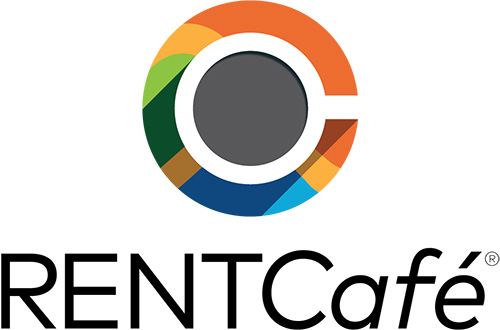-
@ Dec 31
Family Self-Sufficiency
WHAT IS FSS?
Family Self-Sufficiency (FSS) is a program that enables HUD-assisted families to increase their earned income and reduce their dependency on welfare assistance and rental subsidies.
Public Housing Agencies (PHAs) work in collaboration with a Program Coordinating Committee (PCC) to secure commitments of public and private resources for the operation of the FSS program, to develop the PHA’s FSS Action Plan (the FSS policy framework), and to implement the program.
Some of the services coordinated through the program include: child care, transportation, education, job training, employment counseling, financial literacy, and homeownership counseling, among others. Services are generally not provided by the PHA, but rather outsourced to service providers in the community.
An interest-bearing escrow account is established by the PHA for each participating family.
HOW DOES THE PROGRAM WORK?
Once an eligible family is selected to participate in the program, the PHA, and the head of each participating family execute a FSS Contract of Participation that specifies the rights and responsibilities of both parties. The term of the FSS contract is generally 5 years, but it may be extended for another 2 years by the PHA for good cause.
The FSS contract also incorporates the family’s individual training and services plan (ITSP). The ITSP is the document that records the plan for the family. That is, the series of intermediate and long-term goals and the steps the family needs to take – and the services and resources they may need to access – to achieve those goals.

